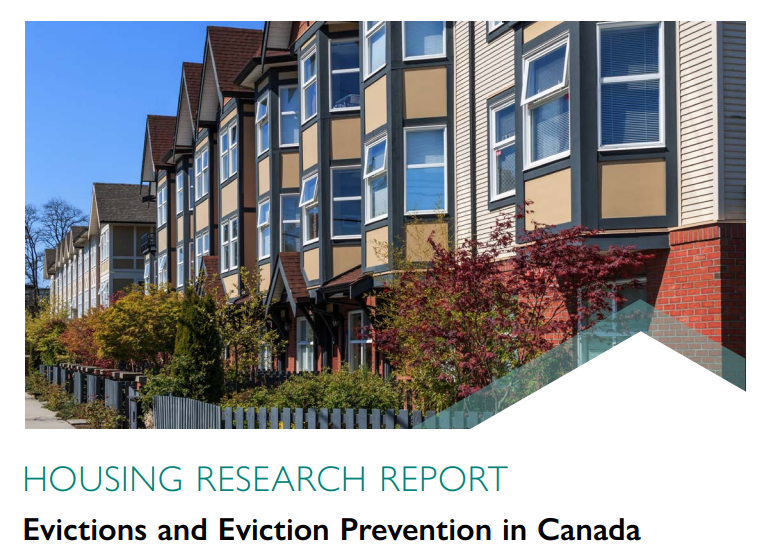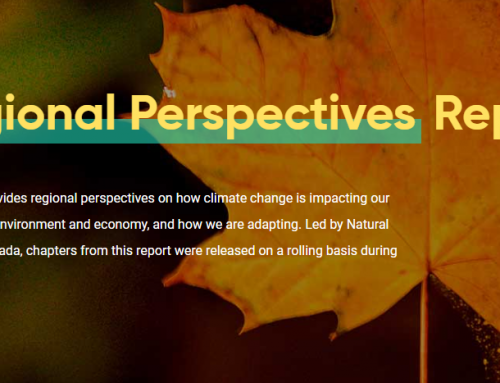The drivers, types, frequency, and scale of evictions in Canada have changed over the past 15 years, with a marked rise in development-related evictions in the context of tight housing markets and a lack of affordable housing. Evictions have profound impacts on tenants. It is imperative to recognize that eviction is at once a consequence of housing and financial insecurity, and also a contributing cause of housing instability and the reproduction of poverty.
This report summarizes findings of a study conducted in 2019 and early 2020, which examined evictions in Canada through a literature review; interviews with housing service providers and people having lived experience of eviction, and an inventory of eviction prevention measures across Canada. The researchers developed a new ‘Typology of Evictions’ focusing on both tenant and landlord factors that lead to an eviction and the scale of an eviction while acknowledging underlying system-level causes.
Types of eviction prevention measures include: information/advice, conflict resolution/mediation, legal supports, emergency financial assistance, third-party financial management, rent assistance, comprehensive supports, and regulatory measures or policy or market interventions. The report calls for eviction prevention programs to be complemented by measures that address root causes that impact housing insecurity: improving housing stabilization; adopting policies and engaging in efforts that decrease employment and economic precarity; and promoting housing affordability for all.
Published by: The University of Winnipeg Institute of Urban Studies, with Canada Mortgage and Housing Corporation
Publication Date: May, 2020
To view the report click here: Evictions and Eviction Prevention in Canada








